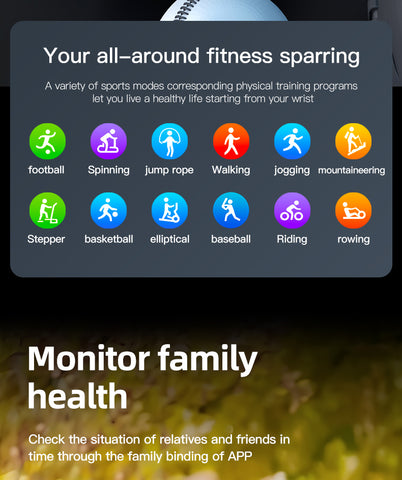The Benefits of Walking and Journaling Your Walking Miles
In an era dominated by digital distractions and sedentary lifestyles, the simple act of walking and conscientiously tracking those steps can have profound benefits on both physical and mental well-being. Coupled with the practice of journaling, where one documents their thoughts, experiences, and progress, this activity transforms into a powerful tool for personal growth and health management.

Physical Health Benefits
-
Enhanced Fitness: Walking is a low-impact exercise accessible to nearly everyone. By tracking the distance walked, individuals can set and achieve fitness goals gradually, improving cardiovascular health and stamina.
-
Weight Management: Regular walking, when tracked and journaled, supports weight loss efforts by burning calories and improving metabolism. Journaling about dietary habits alongside walking distances provides insights into eating patterns, facilitating healthier choices.
-
Reduced Risk of Chronic Diseases: Studies show that consistent walking reduces the risk of chronic illnesses such as heart disease, diabetes, and stroke. Tracking these health metrics in a journal can motivate individuals to maintain a healthier lifestyle.
Mental Well-being Benefits
-
Stress Reduction: Walking is known to reduce stress levels and improve mood by releasing endorphins. Journaling about daily walks allows individuals to reflect on their mental state and identify patterns that influence their stress levels.
-
Enhanced Cognitive Function: Physical activity like walking has been linked to improved cognitive function and reduced cognitive decline. Tracking walking miles and journaling thoughts can enhance cognitive awareness and mental clarity.
-
Improved Sleep Quality: Walking promotes better sleep patterns, particularly when done regularly. Journaling about daily walks and sleep quality helps individuals identify factors that affect their rest, enabling them to make adjustments for better sleep hygiene.

Personal Growth Benefits
-
Goal Setting and Achievement: Tracking walking miles provides a tangible way to set and achieve personal fitness goals. Journaling about progress fosters a sense of accomplishment and encourages individuals to strive for continual improvement.
-
Self-Reflection and Emotional Processing: Journaling allows for introspection, helping individuals process emotions, set intentions, and track personal growth over time. This reflective practice complements the physical benefits of walking by promoting holistic well-being.
-
Accountability and Motivation: Keeping a journal creates accountability for one's health goals. Reviewing past entries motivates individuals by showcasing progress and highlighting areas for improvement, reinforcing positive habits.
Practical Applications
-
Utilizing Technology: Smartphone apps and wearable devices make tracking walking miles seamless. Integrating these tools with journaling apps allows for comprehensive data collection and analysis, empowering individuals to make informed decisions about their health.
-
Community and Support: Sharing journal entries and fitness achievements with friends or online communities fosters support networks and encourages healthy competition, further motivating individuals to maintain active lifestyles.
Conclusion
In conclusion, journaling and tracking walking miles are invaluable practices that promote physical fitness, mental well-being, and personal growth. By documenting daily walks and reflections, individuals cultivate a deeper understanding of their health, set achievable goals, and experience transformative benefits across all facets of life. Embracing this dual approach not only enhances health outcomes but also enriches the journey towards a balanced and fulfilling lifestyle.
Through consistent practice and thoughtful reflection, individuals can harness the power of journaling and walking to cultivate a healthier, happier, and more resilient self.








